The billionaire works more than 120 hours a week, takes only 2-3 days off a year, and brings a pillow to the company to sleep under his desk.
Billionaire Elon Musk is a notorious workaholic and has spoken about it often. In recent weeks, he has continued to talk about his long hours and rare vacations. He has also called people who prefer to work from home “living in a fantasy world.”
Since starting his business 30 years ago, the billionaire has embraced Silicon Valley culture, including working late into the night at the office. The billionaire’s public talk of sacrifice has helped him create a demanding culture at the companies he runs, including Tesla and SpaceX.
Now, with Twitter, he is also testing this approach to reform the company and its workforce, an effort he describes as "quite painful."
His “live at work” ethos is at odds with the new generation of workers’ desire to work remotely. Musk’s approach also raises the question of how best to motivate employees: Give them flexible hours to balance their work and life? Or push them by working themselves crazy and expecting them to do the same?
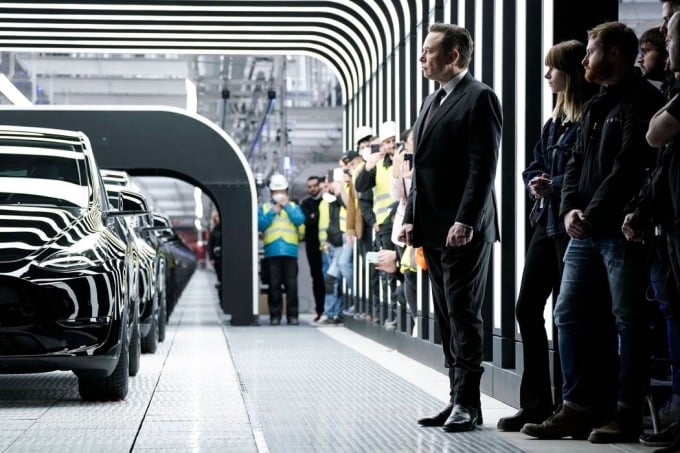
Elon Musk at the opening ceremony of Tesla's factory in Berlin (Germany) in 2022. Photo: Zuma Press
When asked about how he manages his workload at a Wall Street Journal conference in May, Musk said he tries to divide his time between companies each day. Tuesdays, for example, are Tesla days. But he can end up working on Twitter. Musk said the Twitter purchase added more than 120 hours to his workweek.
“As you can imagine, my day is long and complicated,” Musk said.
A week earlier, Musk told CNBC that he only takes two to three days off a year. “I work seven days a week, but I don’t expect other people to do the same,” he said.
Still, he has sent signals that he expects others to do nearly as well. Early in his tenure at Twitter, Musk asked new employees if they were willing to work long hours and “high intensity,” a phrase he often uses at Tesla to boost morale.
Last month, Twitter employees filed a lawsuit against Musk for demanding that conference rooms be converted into “sleeping rooms” for exhausted employees to take a nap. He also wanted a bathroom installed next to his office “so I wouldn’t have to wake up security and walk halfway across the floor to use the bathroom in the middle of the night.”
In a recent interview with the BBC , Musk described the Twitter takeover as “painful,” similar to how he described the difficult times at Tesla before the electric carmaker became consistently profitable. In 2021, he described his experience at the carmaker as “two-thirds of the pain I’ve felt in my entire life.”
As for his first startup, Zip2, Musk also showed an interest in stories of overcoming adversity. Jim Ambras, who was Zip2's vice president of product development, remembers Musk expressing admiration for Sumner Redstone and how he overcame adversity to become a media mogul.
In 1979, at age 55, Redstone was severely burned in a hotel fire that left his hands badly burned. However, this did not stop him from building a media empire that included the CBS television network and Paramount Pictures.
“He likes people who do really difficult things,” Ambras said.
Musk is famous for praising people who are willing to sacrifice everything. He expressed admiration for Chinese workers last year at a Financial Times forum. “They work until 3 a.m. They don’t even leave the factory, whereas Americans just try to avoid going to work,” he said.
Musk’s sleeping habits also speak to the challenges he faces. In a 2018 interview with the WSJ , when Tesla’s factory was struggling with Model 3 production, Musk kept a pillow next to him. He said he slept under his desk. “I haven’t left the factory in three days. If you see me sloppy, that’s why,” he said.
Also around that time, Musk gave a CBS reporter a tour of the factory, pointing to the sofa where he slept. “It was horrible,” he said. Musk also scheduled a 3 a.m. phone interview with the New York Times .
“I slept on the floor because I couldn’t go across the street to get a hotel,” he later explained to Bloomberg Businessweek . “I wanted to feel worse than anyone else in the company. When they were feeling pain, I wanted to feel worse.”
Ha Thu (according to WSJ)
Source link








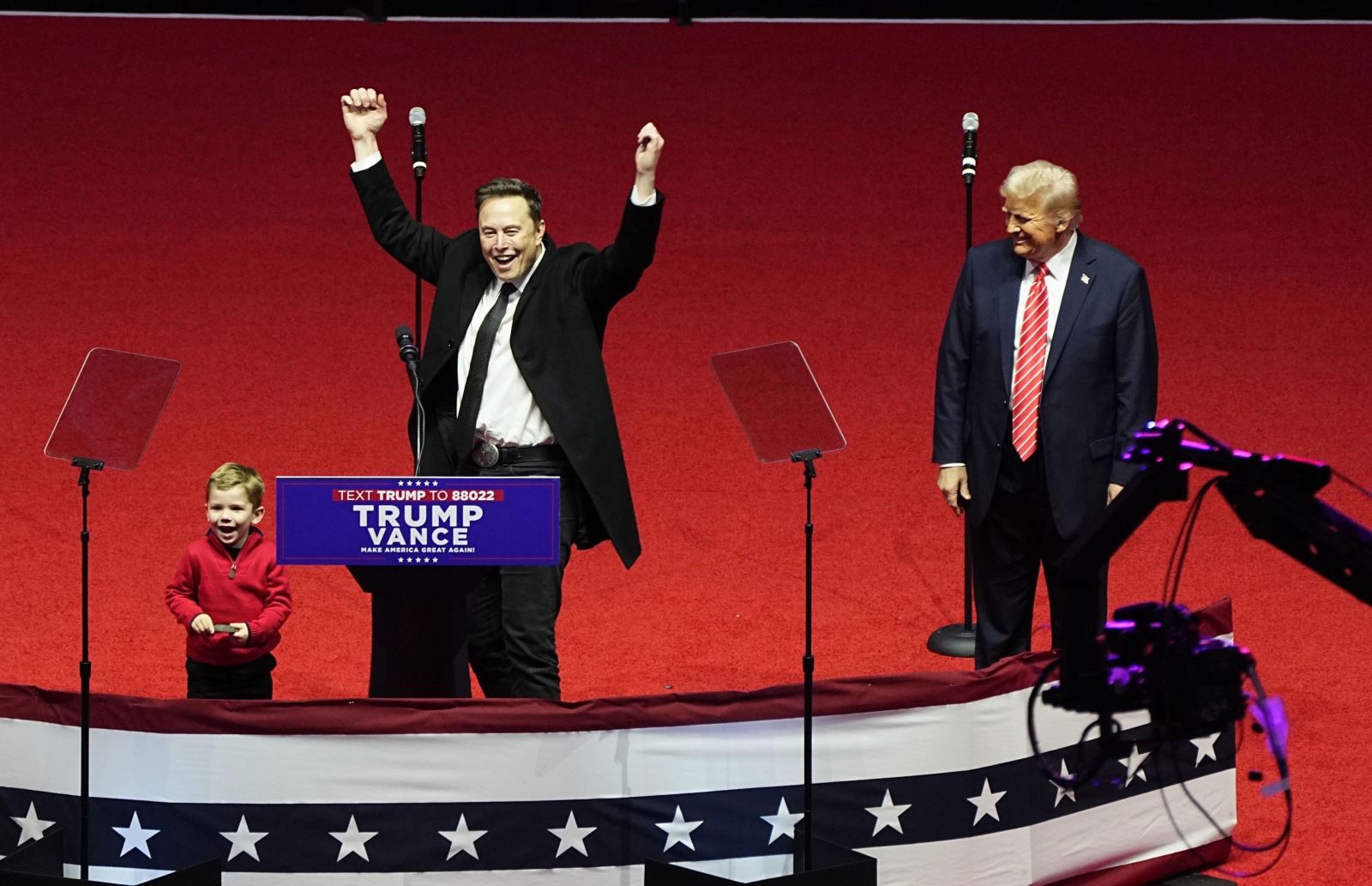

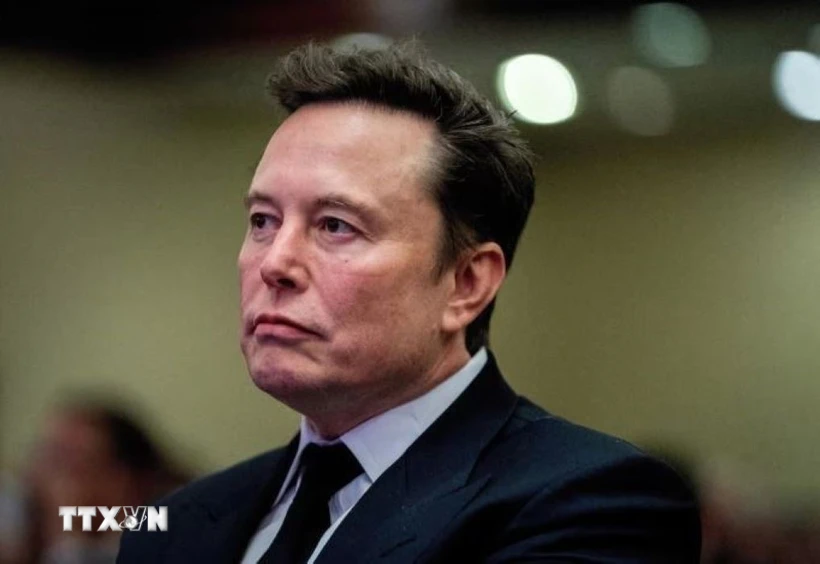

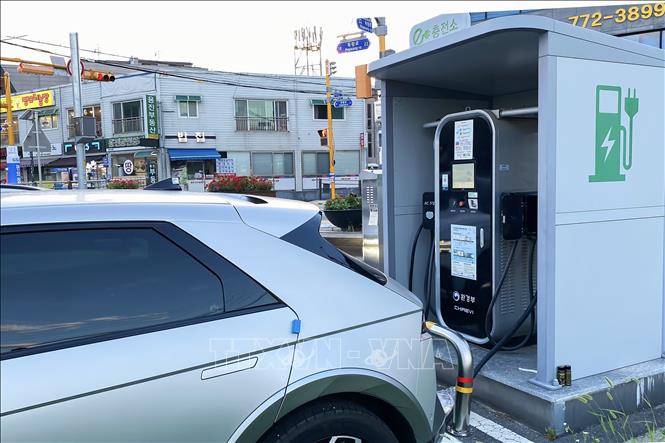
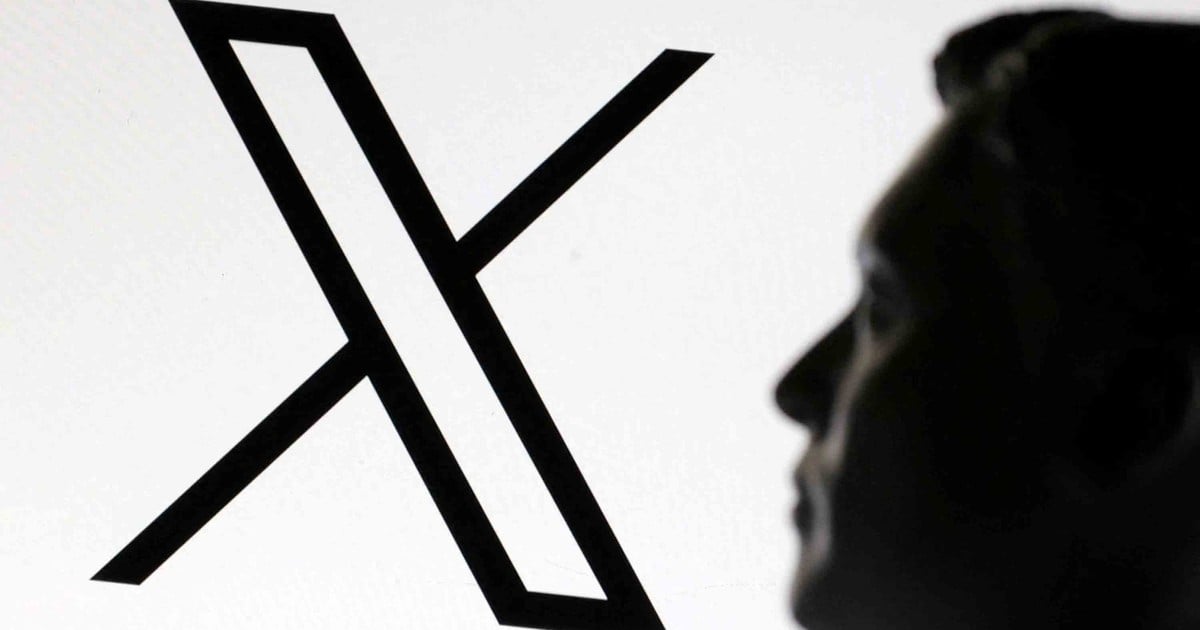

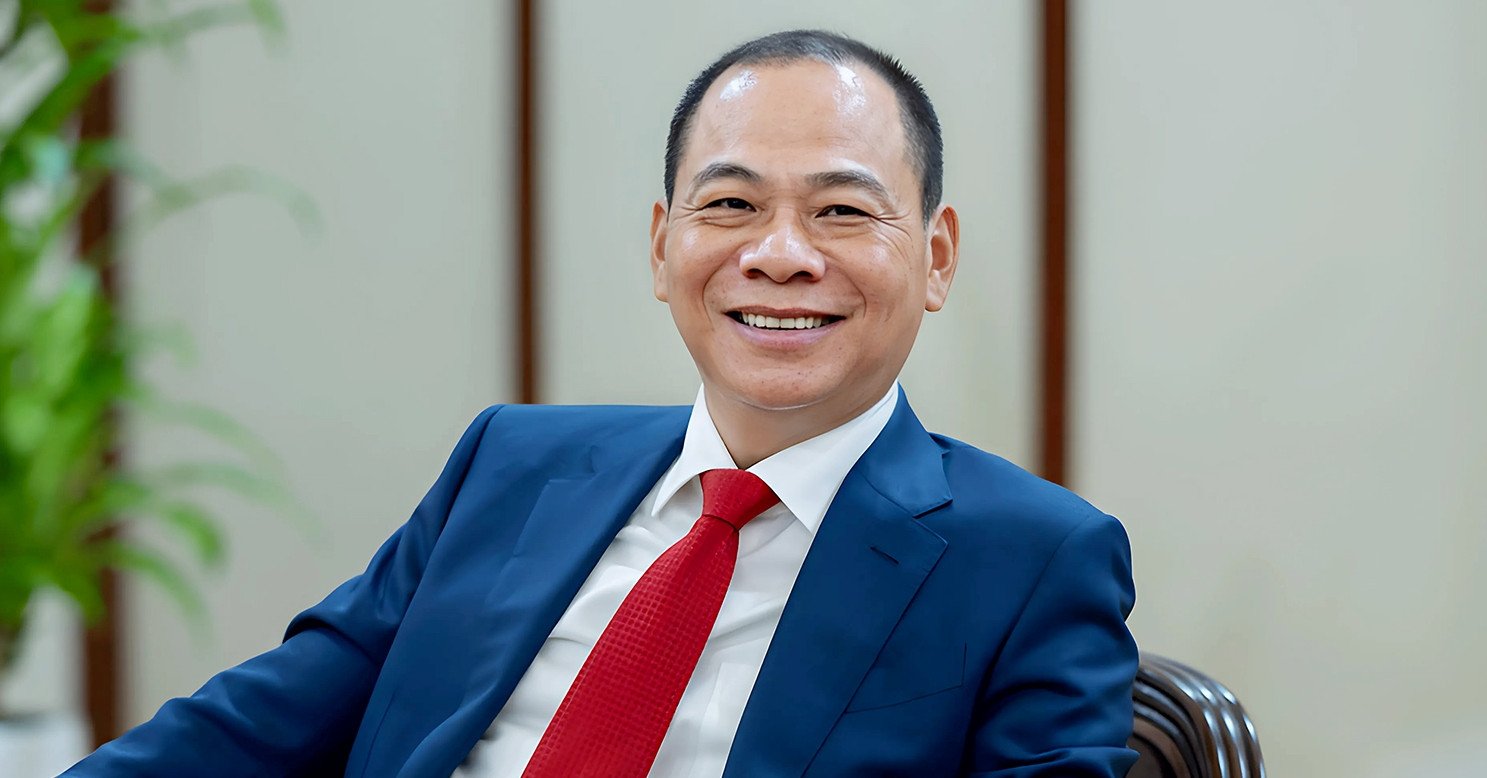

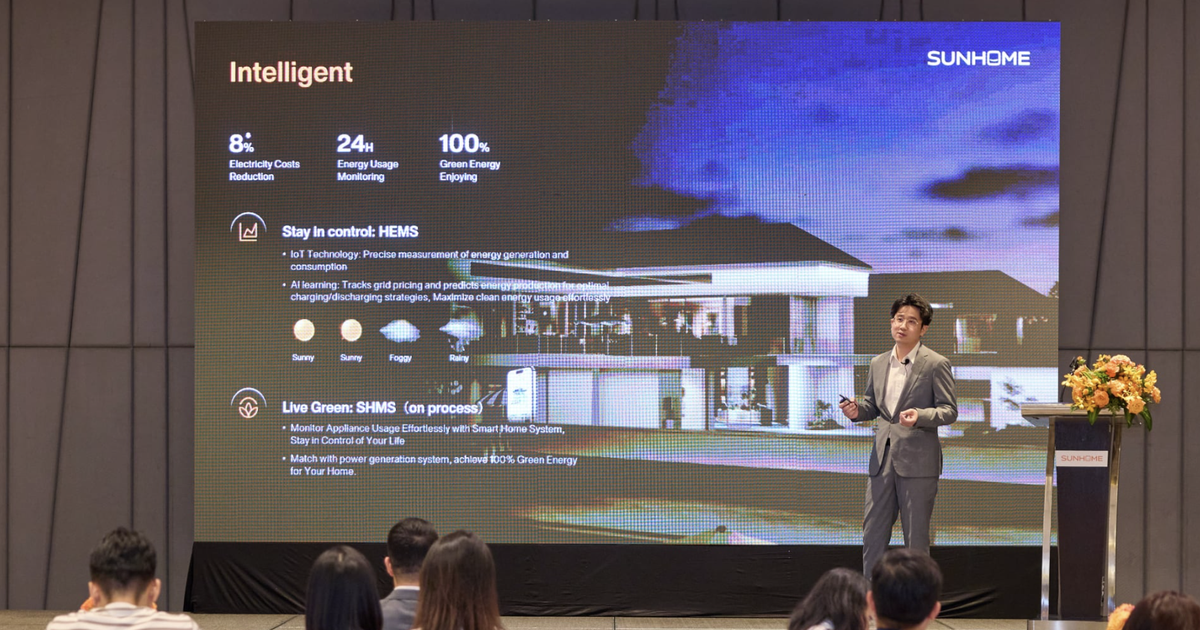
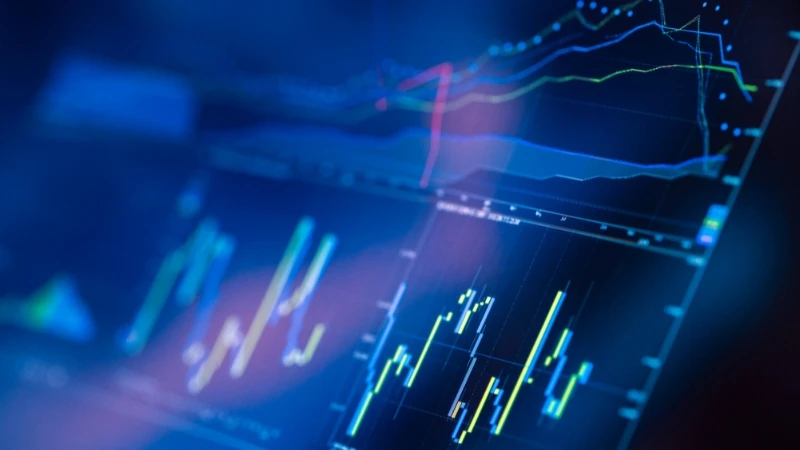
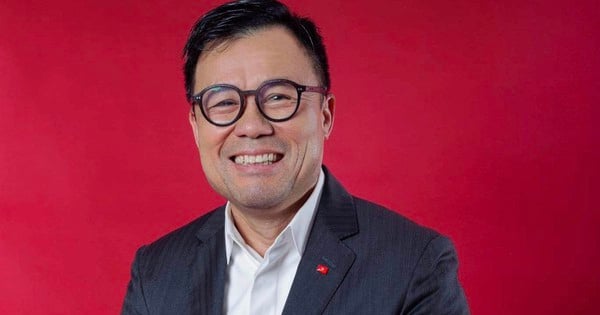
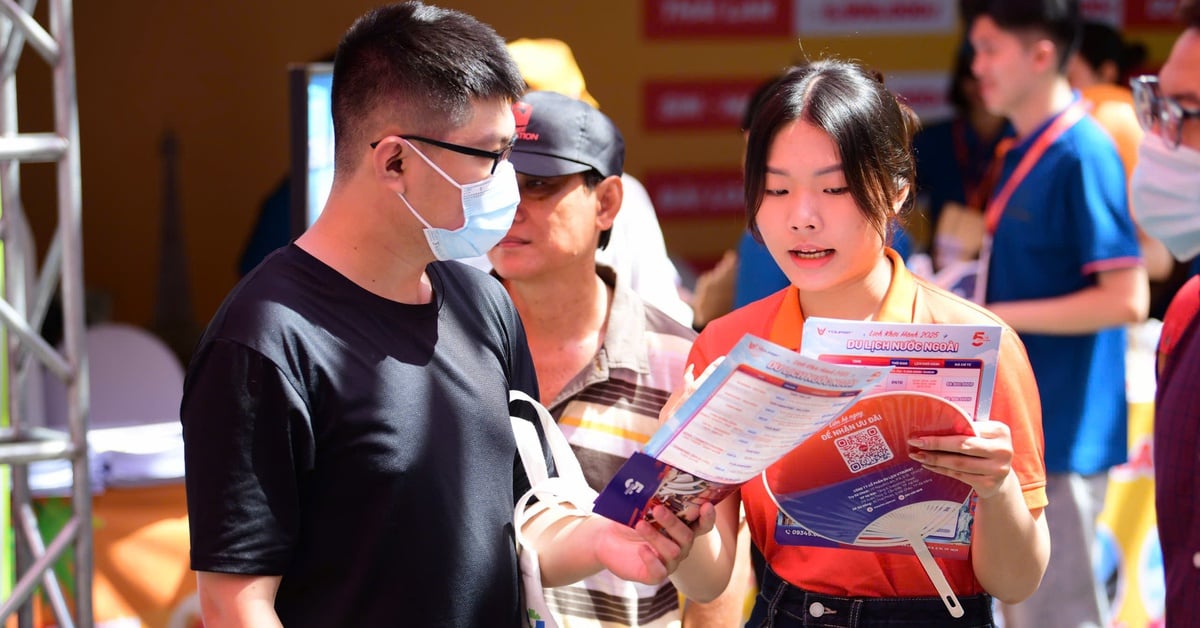

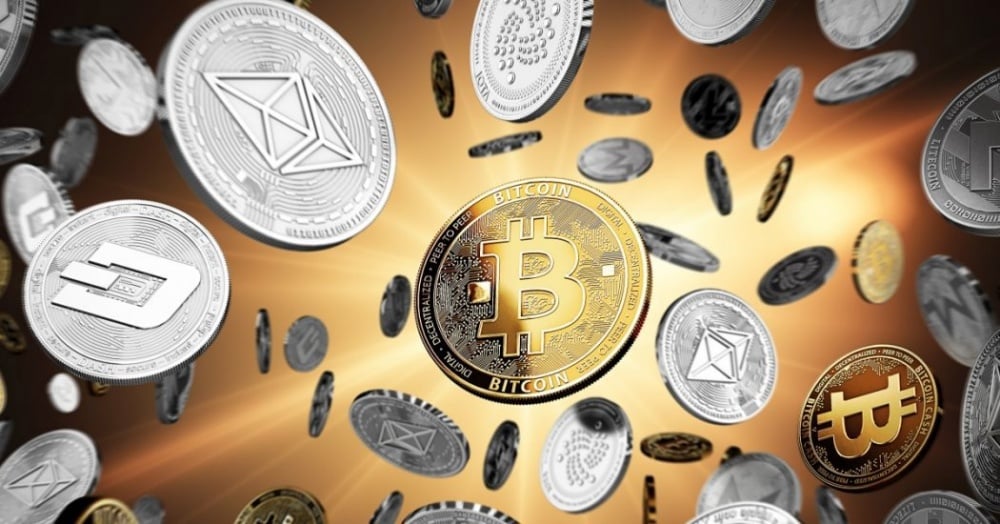









![[Photo] Visiting Cu Chi Tunnels - a heroic underground feat](https://vstatic.vietnam.vn/vietnam/resource/IMAGE/2025/4/8/06cb489403514b878768dd7262daba0b)














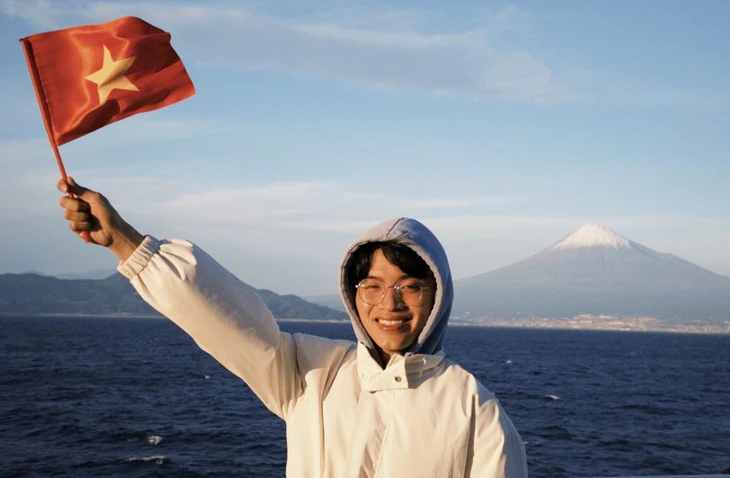





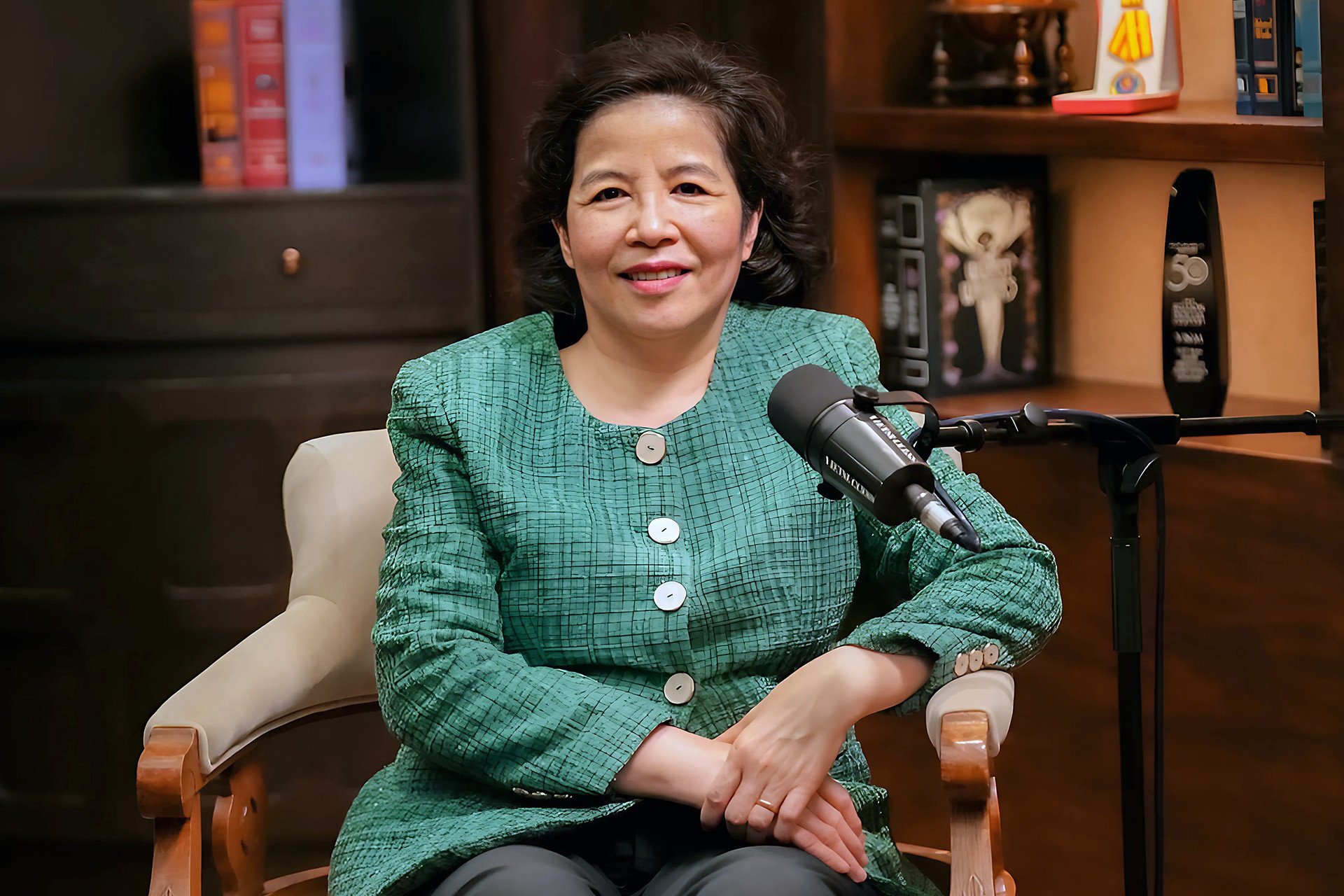

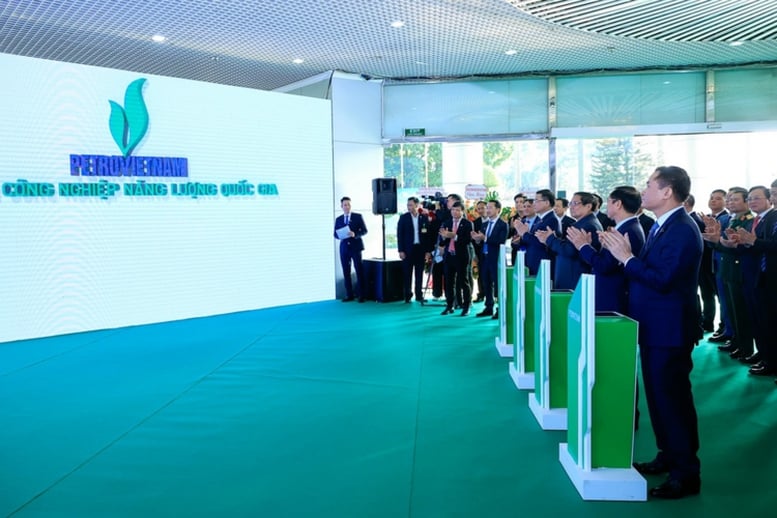




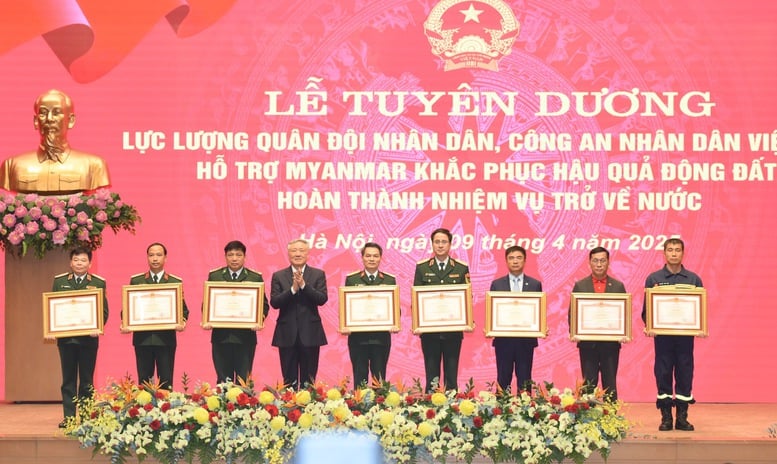
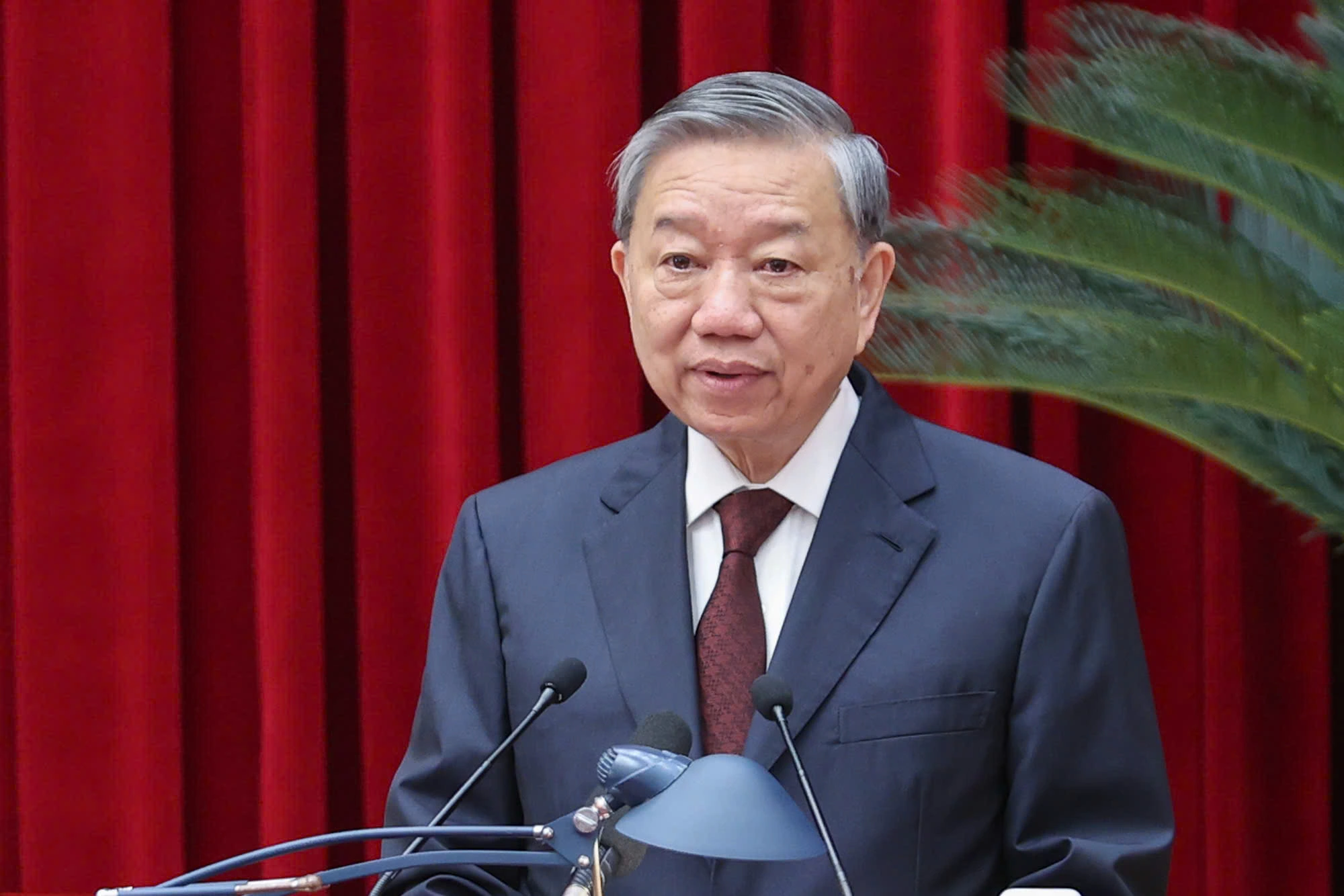
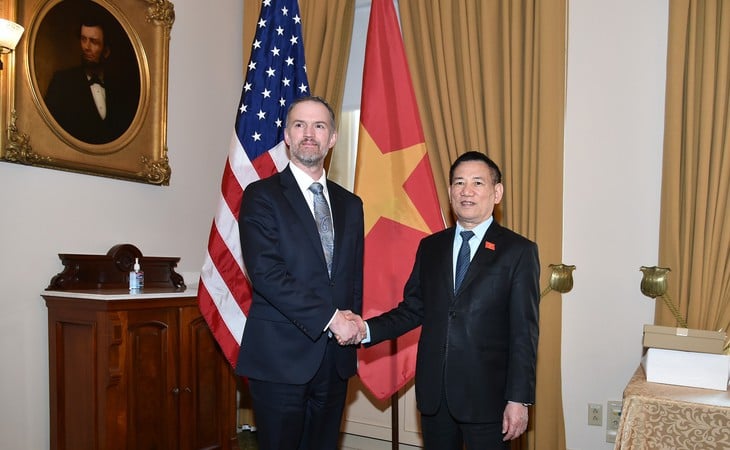
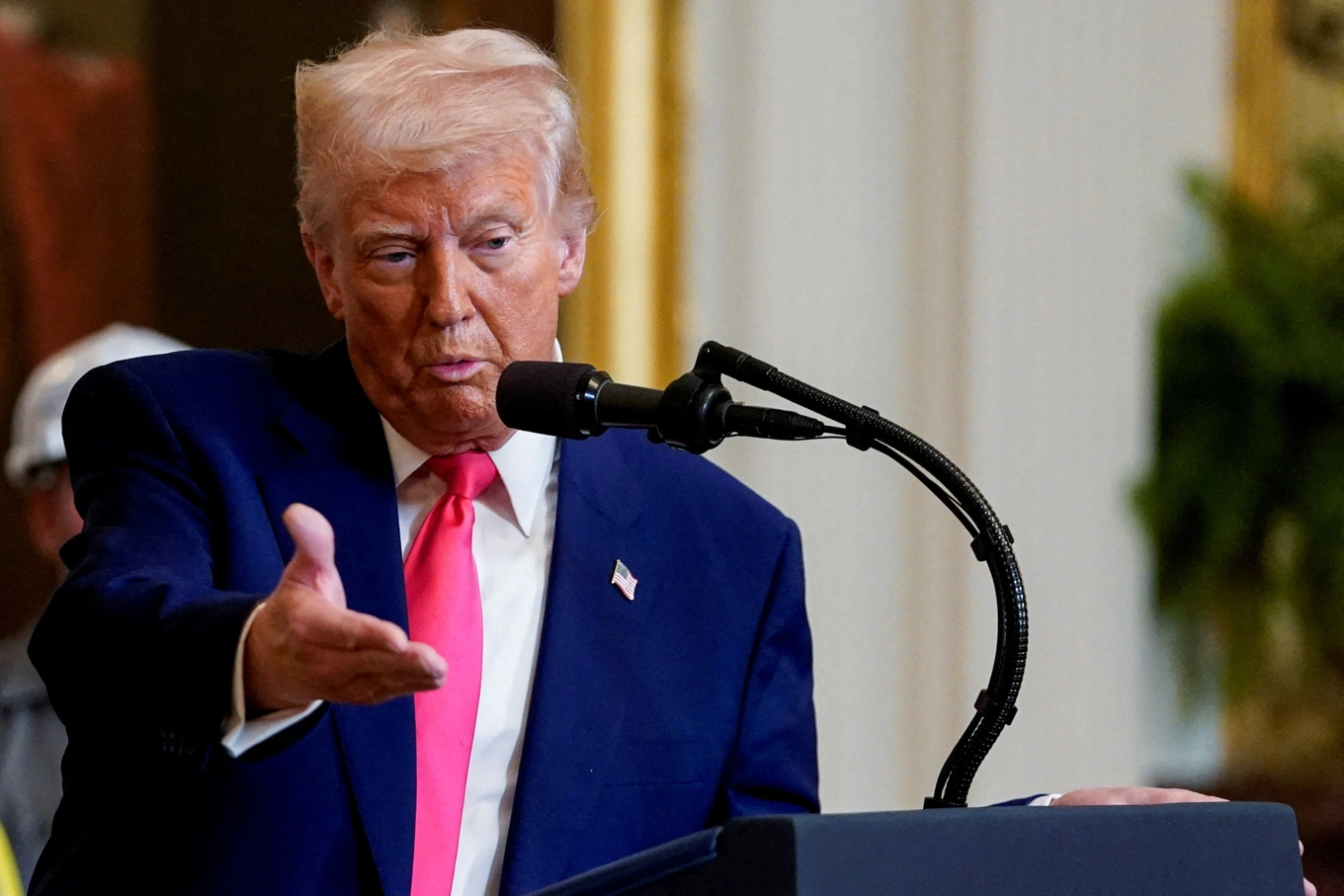
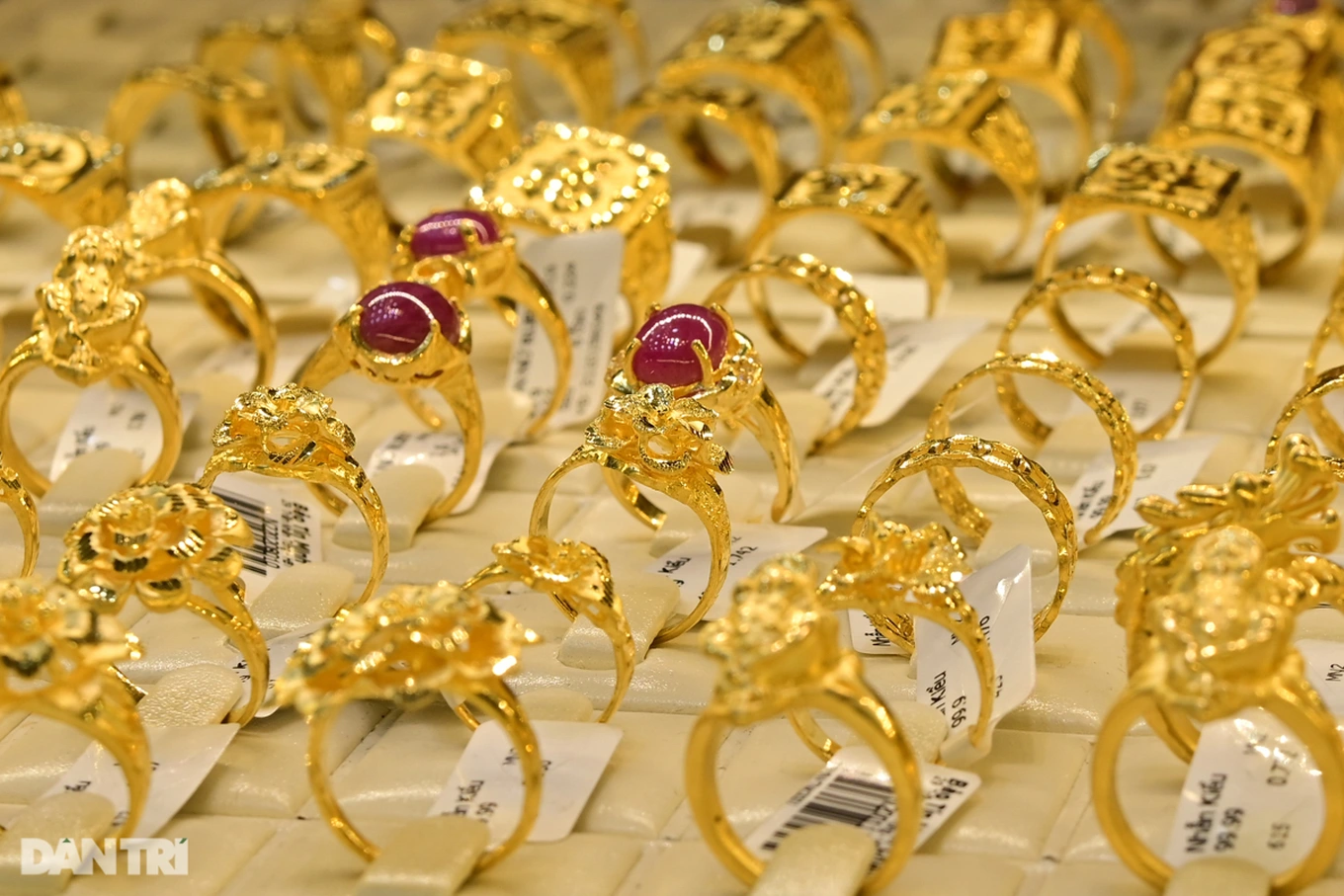









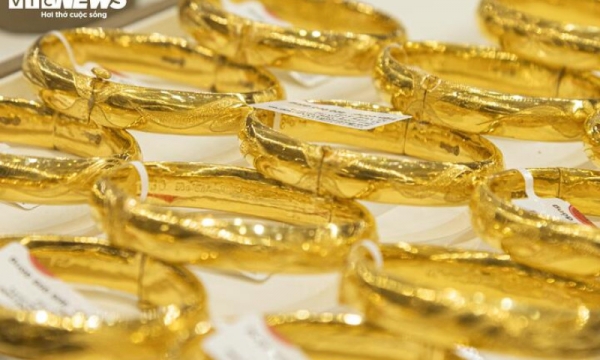
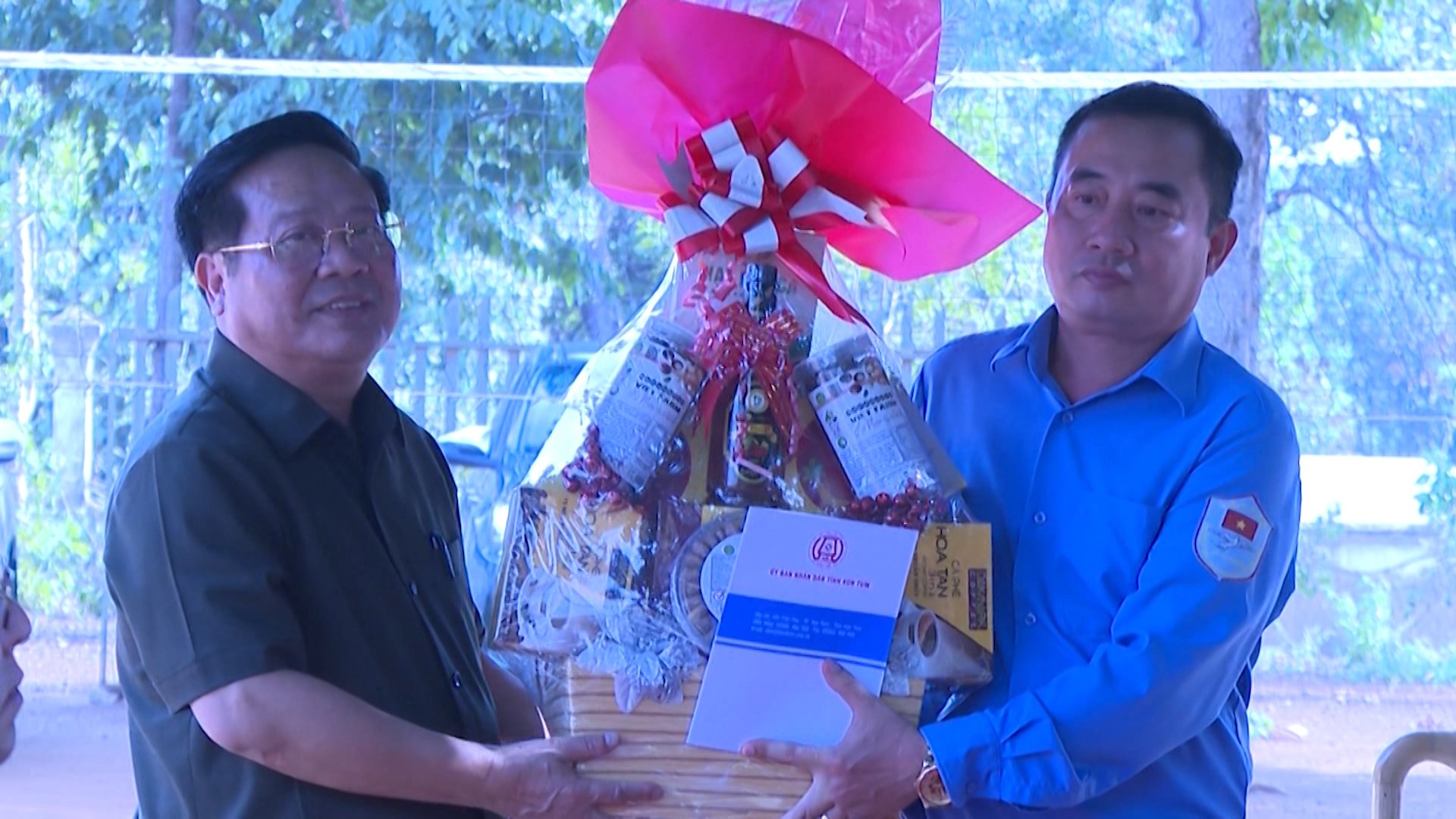












Comment (0)